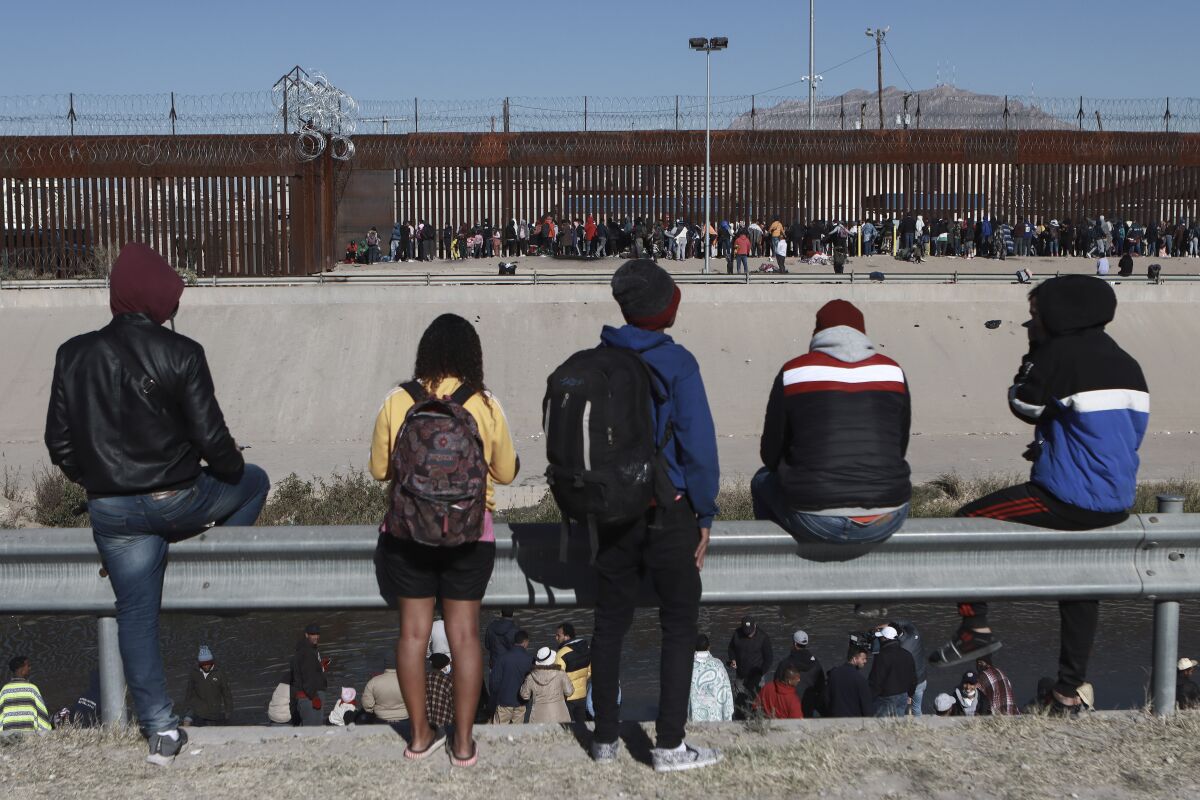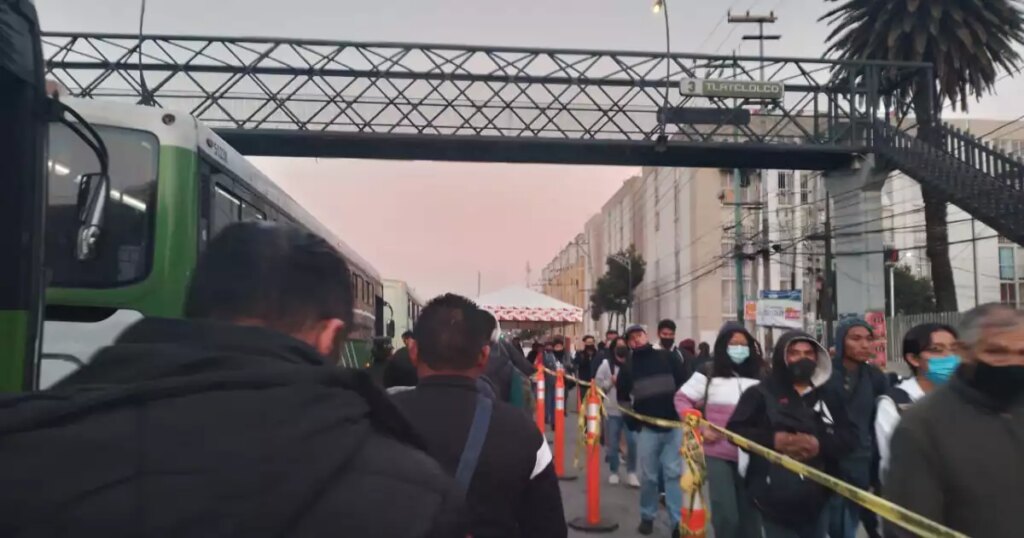The extension of the “humanitarian parole” program to Nicaraguans, Cubans, Haitians, and Venezuelans, announced by the Government of Joe Biden, tries to stop illegal migration, since now that country will only allow the legal entry and airway of 30,000 people each month to people who meet the established requirements such as having a sponsor on US soil.
They point out that the division of the 30,000 benefits among the four nationalities indicates that only 7,500 citizens of the aforementioned countries will be able to enter the US per month under the program that allows them to live legally in that nation for up to two years. And if the person considers that her life would be at risk if he returns to his country during his stay, he can request asylum or refuge.
Before the announcement, there are several questions: What is the fine print of the program? The requirements? Will the requirements stipulated for Venezuelans be maintained? Is the program viable?
Related news: This is the process to reach the US with the new border plan
The US Department of Homeland Security, in a statement indirectly He implied that the same requirements will continue. “Today’s announcement establishes similar processes for Cuban, Haitian and Nicaraguan citizens who face unique challenges in their countries of origin,” the entity said.
The implementation of this program began with Venezuelan migrants in October 2022 when only 24,000 were authorized to enter. After the announcement of the extension, for now it is unknown if the mechanism implemented for Venezuelans will undergo further changes or will be maintained because the White House did not specify it in its statement.
Covers relatives
According to information published on the website of the United States Citizenship and Immigration Services USCIS, the beneficiaries of this program are the citizens of Venezuela; and now by order of President Biden, Nicaragua, Haiti and Cuba or his immediate family.
“This process provides a safe and orderly way for (Venezuelan) nationals who are outside the United States and do not have US entry documents to be considered, on a case-by-case basis, for advance authorization to travel and a period of permission of temporary stay for up to two years for humanitarian reasons and public benefit ”, indicates USCIS.
In addition, it indicates that the spouse or common-law partner and unmarried children under 21 years of age are considered immediate family members. If the beneficiary is under 18 years of age, she must travel with the mother, father or legal guardian. It emphasizes that the process is free and they warn not to be scammed. “Neither the sponsor nor the beneficiary need to pay any application fees,” she says.
The requirements
If you are interested in applying for humanitarian parole, you should take into account that to apply you must have a valid passport for international travel. You must be outside of the United States and not have been deported from that country in the last 5 years.
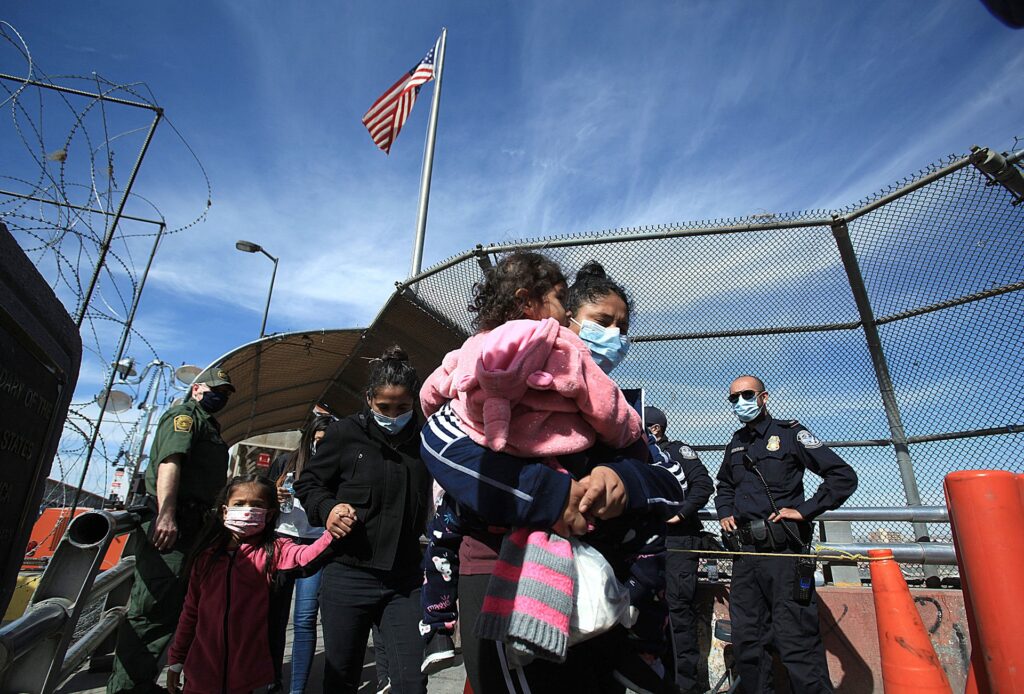
Not having crossed the United States border after October 19, 2022, for Venezuelans and January 5, 2023 for Nicaraguans, Cubans, and Haitians. You must not be a permanent resident or have dual nationality of any country other than the country of origin and not currently have refugee status in any other country.
You must provide (finance or pay for) your own business travel to a United States airport or final destination in the United States and have a sponsor in the United States willing to become your support person.
This person must demonstrate that they can financially support you for up to two years and meet the following requirements: be a citizen or national of the United States. They must be legal permanent residents, legal temporary residents, and conditional permanent residents. They must not be immigrants with lawful status (ie, who maintain nonimmigrant status and have not violated any of the terms or conditions of nonimmigrant status).
Related news: “Closing the border is not enough,” say analysts before new US immigration measures
Asylees, refugees and people with temporary residence permit (parolees); Holders of Temporary Protection Status (TPS). Recipients of Deferred Action (including Deferred Action for Childhood Arrivals) or Deferred Enforced Departure. And comply with all other requirements, including vaccination requirements and other public health requirements.
The procedures to comply
According to information disclosed on the USCIS website, the beneficiary cannot apply directly, it must be done by their sponsor or support person who must complete and submit Form I-134 to USCIS on behalf of the beneficiary and include personal information and details. Of the interested.
“USCIS will then investigate the support person to ensure they can financially support the person they agree to support and to protect them from exploitation and abuse. Support persons must be investigated and confirmed by USCIS, at the discretion of the agency, before advancing in the process”, explains the instance in step number 1 entitled “financial sponsorship”.
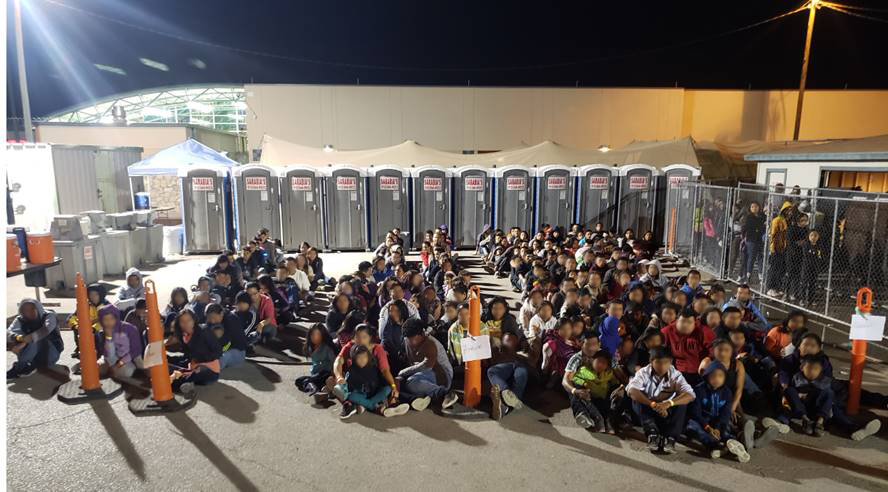
Ahead, indicates that as a second step in the process, biographical information must be submitted, in case USCIS confirms a support person, the listed beneficiary will receive an email from USCIS on how to create a myUSCIS account and instructions on the next steps. The beneficiary will need to confirm her biographical information and certify that she meets eligibility and public health requirements, including certain immunization requirements.
After confirming the biographical information in myUSCIS and completing the required eligibility statements, the beneficiary will receive instructions through myUSCIS on how to access the CBP One Mobile App (PDF, 770.38 KB). There the beneficiary will then need to enter the biographical information into CBP One and provide a photo.
In the fourth, “U.S. advance travel authorization” step, if the additional information is approved, the United States government will need to send you an official “advance travel authorization” that it would give to the beneficiary and members family members 90 days to travel by plane to the United States.
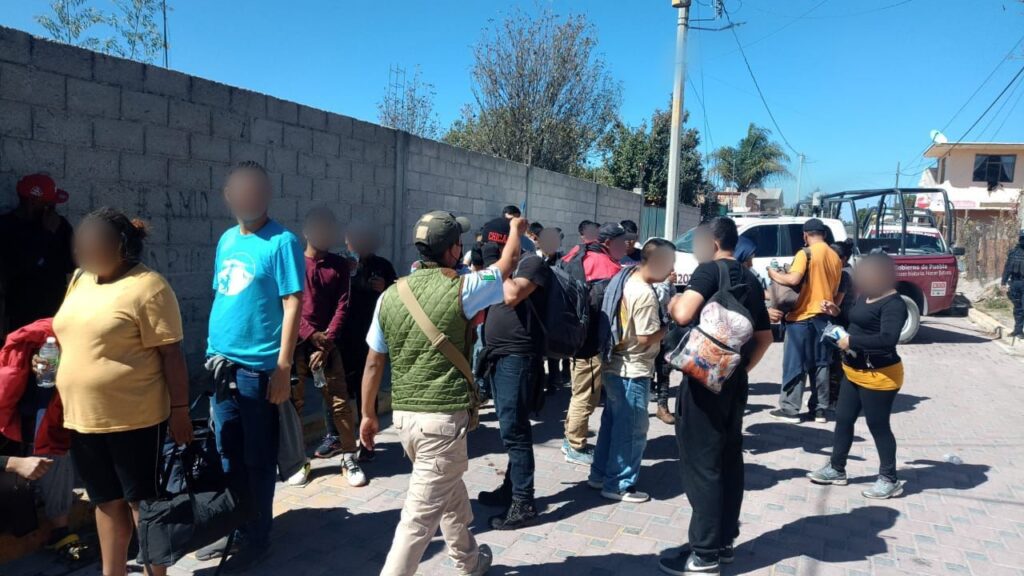
As a fifth step, once the person arrives at the airport, a CBP officer will inspect them and consider them for the discretionary temporary stay permit, according to each individual case, there as part of the process an inspection will be made, the beneficiaries will undergo to additional biometric fingerprint verifications and investigations.
Finally, if parole is granted, they will be authorized to enter the US, and in turn, apply for a work permit with category code (c) (11).
Process goals
For Manuel Orozco, a Nicaraguan expert on migration, remittances and economic development, points out that the purpose of the Biden administration is to “reduce irregular migration, increase legal entries under less bureaucratic pressure”, however, he adds that the above “does not It means that everyone who reaches the US-Mexico border will be deported, but the probabilities will be more than 60%, as is the case with Mexico and the Northern Triangle.”
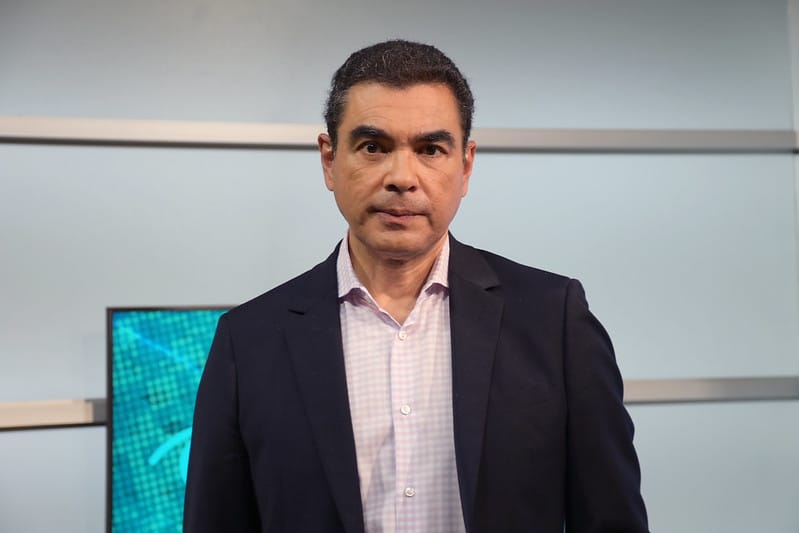
In his opinion, the announced plan “is not completely humanitarian”, because he considers that “it has many holes” and lists that the most dangerous is that “this proposal does not have a foreign policy counterpart that allows reducing the level of political repression and economic depression that cause dictatorships like Nicaragua. Without a foreign policy that has the proportional weight in the face of abuses, the humanitarian theme of this type of parole is cosmetic.
He goes on to explain that the second is the issue of the distribution of the number of beneficiaries for each country, since “the consideration of the numbers is arbitrary and to the detriment of the numbers of people who are leaving, and with little evaluation of the procedures within reach of those people. Many people fleeing in search of asylum do not have someone to be with because they left due to the emergency of the repressive coup. Therefore, imposing quotas on nationalities fleeing repression becomes a contradiction”.
Along the same lines, Ronmell López, an expert in Immigration Laws, based in Los Angeles, California, insists on clarifying that the humanitarian parole is requested at the American consulate in the country of origin of the migrants and that it requires financial guarantee from a solvent person in the United States. .us
By: United Voices
